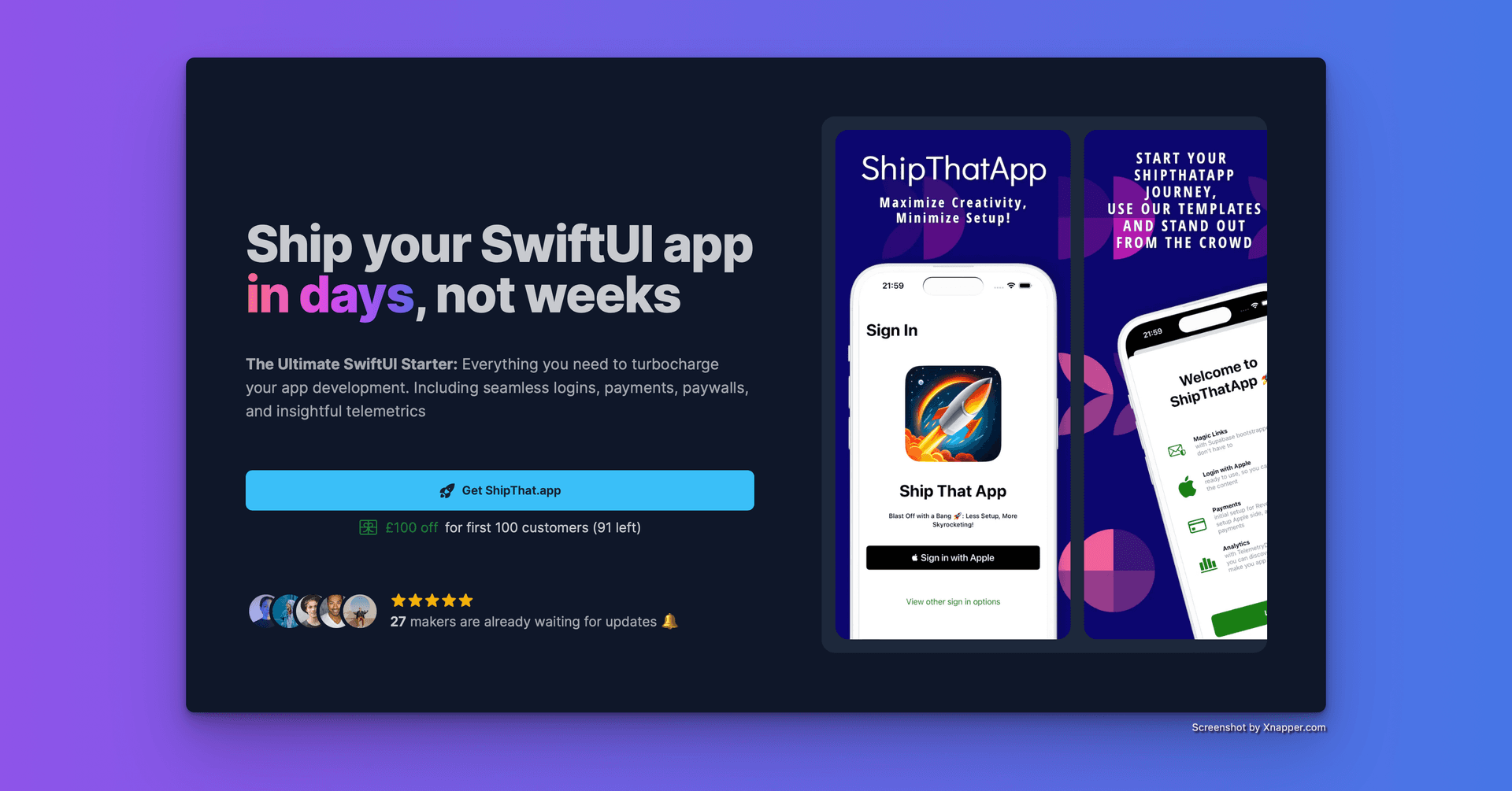2024-05-10
How Templates Can Elevate Your Project in the Competitive Tech Landscape
Explore how leveraging templates for ReactJS, NextJS, React Native, Android, iOS, and more can significantly boost efficiency, quality, and innovation, giving you a competitive edge in the tech industry.

How Templates Can Help You Stay Ahead in the Competitive Tech Landscape
In the rapidly evolving technological world, staying ahead of the competition is a constant challenge for developers and businesses alike. With the advent of project templates for ReactJS, NextJS, React Native, Android, iOS, and SaaS kits, developers now have a powerful tool at their disposal to not only streamline the development process but also to ensure that they remain competitive in this dynamic landscape. This blog post delves into the myriad ways in which leveraging templates can contribute to staying ahead in the competitive tech arena.
The Essence of Competitive Advantage in Tech
Before we dive into the specifics of how templates can serve as a competitive advantage, it's pivotal to understand the competitive landscape of the tech industry. The tech field is characterized by rapid advancements, ever-changing customer demands, and a continuous influx of innovative products and services. In such an environment, maintaining a competitive edge is not merely about innovation but also about speed, efficiency, and adaptability.
Understanding the Competitive Landscape
A competitive landscape analysis is crucial for any tech venture aiming to stay ahead. This involves understanding market trends, identifying direct and indirect competitors, and analyzing their strengths and weaknesses. Such analysis helps in strategizing and making informed decisions that foster growth and sustainability.
The Role of SWOT Analysis
A SWOT analysis (Strengths, Weaknesses, Opportunities, Threats) is a timeless strategy tool that aids in navigating the competitive tech landscape. By assessing these four aspects, businesses can formulate strategies that capitalize on their strengths, mitigate weaknesses, exploit opportunities, and neutralize threats, thereby gaining a competitive advantage.
Leveraging Templates for Competitive Edge
Templates, especially in the realm of software development, are a goldmine for gaining a competitive edge. Here's how:
Speed and Efficiency
Templates drastically reduce the time and effort required to kickstart a project. With the groundwork already laid out, developers can focus on customization and adding unique features instead of building from scratch. This efficiency means quicker product launches and the ability to respond rapidly to market demands.
Consistency and Quality
Templates ensure that every project starts with a foundation of best practices in coding, design, and functionality. This consistency elevates the quality of the end product, enhancing user experience and satisfaction, which are critical in a competitive market.
Cost-effectiveness
Reducing development time inevitably cuts down costs. Templates allow for the allocation of resources to other critical areas like marketing, customer service, or R&D, thereby optimizing budget use and maximizing ROI.
Adaptability and Innovation
With templates handling the basics, developers have more room to innovate and adapt to emerging technologies and market trends. This adaptability is crucial for staying ahead in the tech industry, where yesterday's innovation is today's standard.
Strategic Adaptability: The Ultimate Competitive Weapon
As highlighted by Peoplebox, strategic adaptability is key to staying competitive. It involves anticipating changes, making proactive decisions, and being ready to pivot strategies as the market evolves. Templates play a significant role in this, as they provide the flexibility to quickly adjust and iterate on projects without starting from zero.
Conclusion
In the fiercely competitive tech landscape, leveraging templates is not just a matter of convenience but a strategic decision. By enhancing efficiency, consistency, and adaptability, templates provide a significant competitive advantage. As developers and businesses continue to navigate through the challenges of the tech world, templates stand out as a beacon of innovation, helping to stay not just relevant but ahead in the game.
For those looking to explore further into project management and team efficiency, resources like Asana's competitive analysis template and insights on strategic adaptability offer valuable guidance.
In the end, whether it's ReactJS, NextJS, React Native, Android, or iOS projects, the right template could be the catalyst that propels your project to the forefront of the technological revolution. Visit TemplateHub.dev to discover the perfect template for your next software project and stay ahead in the competitive tech landscape.



